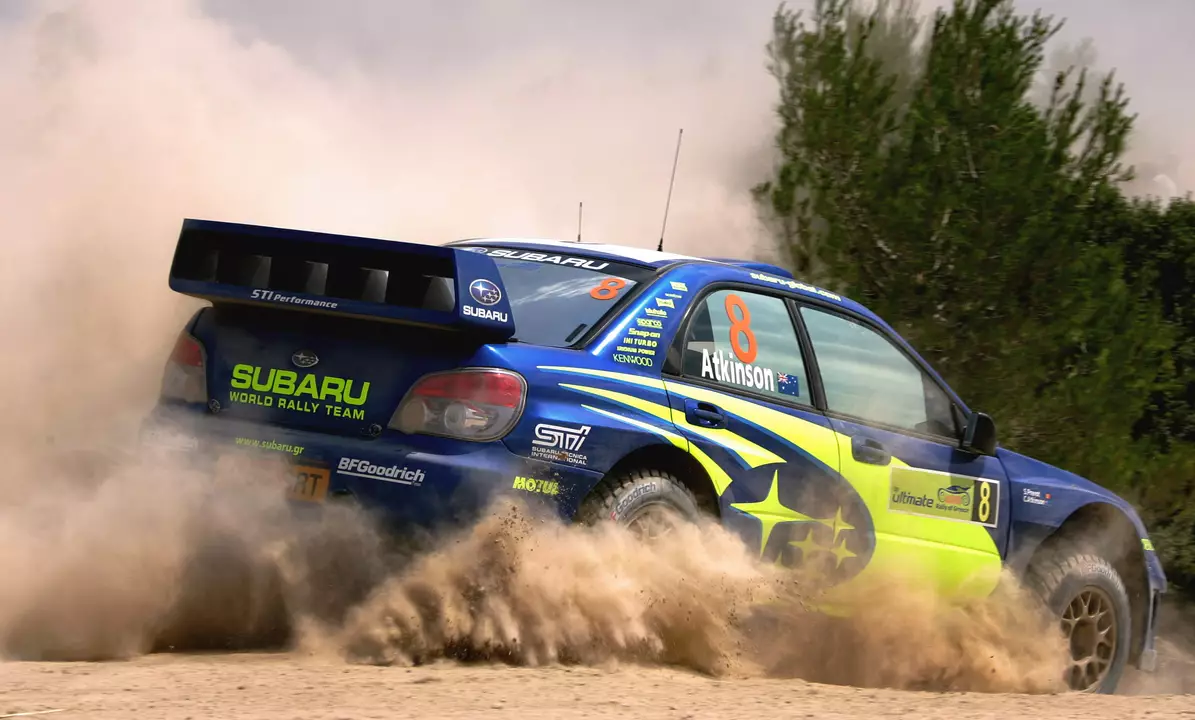Understanding the Basics of ABS
Before diving into the reasons why amateur rally racers disconnect their ABS, it's important to understand the basics of this system. ABS, or Anti-lock Braking System, is a safety feature in modern cars that prevents the wheels from locking up during heavy braking. This allows drivers to maintain steering control even while applying maximum braking force, helping to prevent skidding and improving overall vehicle stability. Although ABS has been a standard feature in most production cars for many years, it can sometimes be counterproductive in the world of rally racing.
The Importance of Braking Techniques in Rally Racing
In rally racing, the ability to control the vehicle's traction and stability is crucial for achieving fast stage times and avoiding accidents. This often involves using advanced braking techniques, such as left-foot braking and trail braking, which require precise control over the brake pedal. With ABS activated, the system can interfere with these techniques by modulating the brake pressure whenever it detects a risk of wheel lock-up. This can result in a loss of control for the driver, who may need to apply maximum braking force without the assistance of ABS in certain situations.
ABS and Gravel Surfaces
Rally racing often takes place on gravel and dirt surfaces, which pose unique challenges for ABS-equipped vehicles. When braking on loose surfaces, it's often beneficial for the wheels to lock up momentarily, allowing the tires to dig into the surface and create a "berm" of material in front of them. This can help slow the vehicle down more effectively than if the tires were to remain in constant rotation. However, ABS is designed to prevent wheel lock-up, which can hinder this natural braking effect on gravel and dirt roads.
Disconnecting ABS for Improved Control
Many amateur rally racers choose to disconnect their ABS systems in order to regain full control over their vehicle's braking. By doing so, they can fine-tune their braking techniques to suit the specific conditions of each stage, rather than relying on the one-size-fits-all approach of ABS. This can result in improved stage times and increased confidence behind the wheel, as racers can feel more connected to their vehicle and its behavior on the road.
Weight Reduction Benefits
Another reason for disconnecting ABS in rally racing is weight reduction. ABS systems can add a significant amount of weight to a vehicle, which can negatively impact its performance and handling. By removing the ABS components, racers can shed several pounds from their vehicle, improving its power-to-weight ratio, acceleration, and overall agility. In the highly competitive world of rally racing, every ounce of weight reduction can make a difference in the final results.
Simplifying the Vehicle's Systems
Disconnecting ABS can also simplify a rally car's overall mechanical and electrical systems. This can be beneficial in terms of maintenance and repair, as there are fewer components to worry about and diagnose in case of a failure. Additionally, with a simpler system, there's less chance of an unexpected failure occurring at an inopportune time during a race, which can be the difference between winning and losing.
Final Thoughts on Disconnecting ABS
In conclusion, there are several valid reasons why amateur rally racers may choose to disconnect their ABS systems. From improved control and braking performance on loose surfaces to weight reduction and simplified vehicle systems, the benefits can be significant for those who are serious about competing in rally events. However, it's essential to remember that ABS is a valuable safety feature in everyday driving situations, so those who choose to disconnect their ABS for racing purposes should take extra precautions to ensure their safety on public roads.
